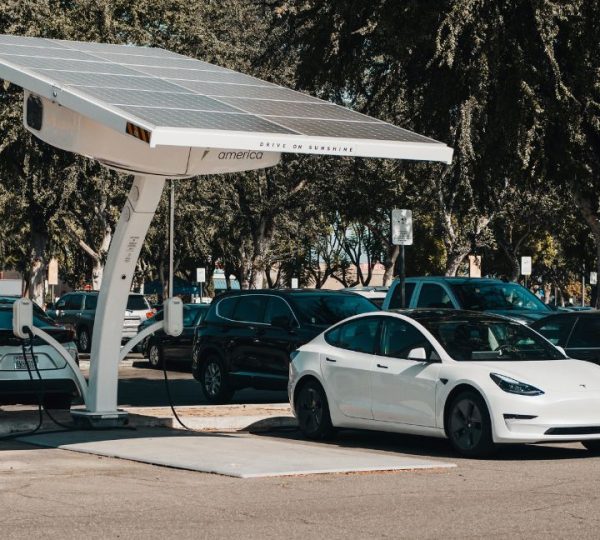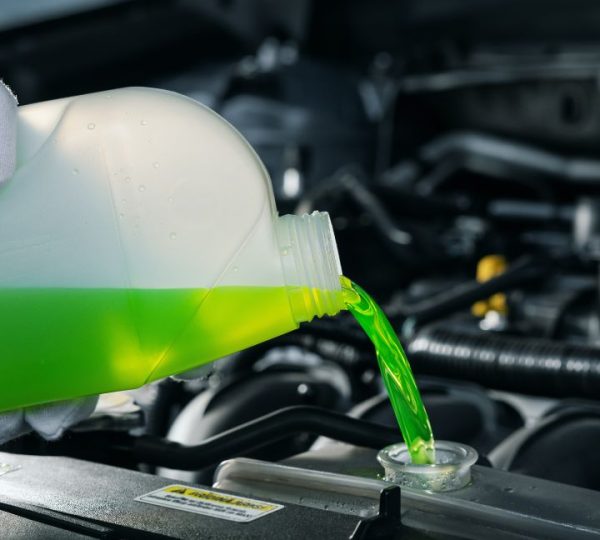
Do Electric Cars Need Oil Changes? A Simple Guide for Everyone
Electric cars (EVs) are becoming more popular every day, and for good reason—they’re eco-friendly, cost-efficient, and packed with cutting-edge technology. But as more people switch from gas-powered vehicles to electric ones, a common question pops up: Do electric cars need oil changes? If you’re wondering about this, you’re not alone! Let’s break it down in simple terms, compare electric cars to traditional vehicles, and explore what maintenance EVs actually need. By the end, you’ll have a clear picture of how EVs save you time, money, and hassle.
The Short Answer: No Oil Changes for Electric Cars
Unlike traditional gas or diesel vehicles, electric cars do not need oil changes. Why? Because EVs run on electricity, not internal combustion engines. Gas-powered cars rely on engines with many moving parts that need lubrication from motor oil to reduce friction, prevent wear, and keep things running smoothly. Over time, that oil gets dirty and needs to be replaced—hence the oil change.
Electric cars, on the other hand, use electric motors that have far fewer moving parts. These motors are powered by batteries and don’t require oil for lubrication. This is one of the biggest advantages of owning an EV: no oil, no oil changes, and no worrying about engine maintenance.
Why Gas Cars Need Oil Changes
To understand why EVs are different, let’s quickly look at how gas-powered vehicles work. A traditional car’s engine has components like pistons, crankshafts, and valves that move at high speeds. Motor oil:
-
Lubricates these parts to reduce friction.
-
Cools the engine by carrying heat away.
-
Cleans by trapping dirt and debris.
-
Protects against corrosion and wear.
Without regular oil changes (typically every 5,000–10,000 miles), the oil becomes sludge-like, leading to engine damage, reduced performance, and costly repairs. For gas car owners, oil changes are a routine expense, costing $30–$100 per visit, depending on the vehicle and oil type.
How Electric Cars Work Differently
Electric cars operate on a completely different system. Instead of an engine, they have an electric motor powered by a battery pack. The motor has minimal moving parts—often just a rotor and a stator. These components are designed to run efficiently without the need for liquid lubricants like oil. Here’s a quick comparison:
|
Feature |
Gas-Powered Car |
Electric Car |
|---|---|---|
|
Power Source |
Gasoline/Diesel Engine |
Electric Motor + Battery |
|
Needs Oil Changes? |
Yes, every 5,000–10,000 miles |
No |
|
Moving Parts |
Hundreds (pistons, valves, etc.) |
Very few (rotor, stator) |
|
Maintenance Cost |
Higher (oil, filters, engine repairs) |
Lower (no engine-related upkeep) |
This simplicity makes EVs not only easier to maintain but also cheaper in the long run.
What Maintenance Do Electric Cars Need?
While electric cars skip oil changes, they’re not entirely maintenance-free. However, their upkeep is much simpler and less frequent than that of gas cars. Here are the key maintenance tasks for EVs:
-
Battery Health Checks: The battery is the heart of an EV. Most manufacturers offer warranties for 8–10 years or 100,000 miles, and modern batteries are built to last. Regular checks ensure the battery stays in top shape.
-
Tire Rotations and Replacements: Like any car, EVs need tire rotations (every 6,000–8,000 miles) to ensure even wear. Because EVs are often heavier due to their batteries, tires may wear out faster than on gas cars.
-
Brake System Maintenance: EVs use regenerative braking, which relies on the electric motor to slow the car, reducing wear on brake pads. This means brakes last longer, but they still need occasional inspections.
-
Coolant Checks: Some EVs use coolant to regulate the temperature of the battery and motor. Unlike engine oil, this coolant lasts much longer and typically needs topping off every few years.
-
Wiper Blades and Cabin Filters: These are standard for all vehicles and need replacing periodically.
Overall, EV maintenance is less frequent and less expensive. According to studies, EV owners spend about 50% less on maintenance compared to gas car owners over the vehicle’s lifetime.

Benefits of No Oil Changes
Skipping oil changes isn’t just convenient—it comes with some serious perks:
-
Cost Savings: Oil changes for gas cars can add up to $300–$500 over five years. EVs eliminate this expense entirely.
-
Time Savings: No trips to the mechanic for oil changes means more time for you.
-
Environmental Impact: Oil changes generate used motor oil, which can harm the environment if not disposed of properly. EVs reduce this waste, making them a greener choice.
-
Fewer Repairs: With fewer moving parts, EVs are less likely to need engine-related repairs, saving you from unexpected costs.
Are There Any Fluids in Electric Cars?
Yes, EVs do have some fluids, but they’re different from motor oil. These include:
-
Battery Coolant: Keeps the battery at an optimal temperature.
-
Brake Fluid: Ensures the brake system works properly.
-
Windshield Washer Fluid: For cleaning the windshield.

These fluids require minimal maintenance and are checked during routine service visits, often every 1–2 years.
Common Myths About EV Maintenance
Let’s clear up a couple of misconceptions:
-
Myth: EVs are completely maintenance-free.
Truth: While EVs require less maintenance, they still need tire care, battery checks, and occasional fluid top-offs. -
Myth: EVs are more expensive to maintain because of their batteries.
Truth: Battery replacements are rare within the warranty period, and overall maintenance costs are lower than for gas cars.
Final Thoughts: Why EVs Are a Game-Changer
Electric cars eliminate oil changes, revolutionizing car ownership. With fewer moving parts, EVs require less maintenance, cut costs, and reduce environmental impact. Enjoy a hassle-free driving experience and save time and money. Ready to switch? Test-drive an EV at your local dealership and discover the ease and excitement of electric driving!




